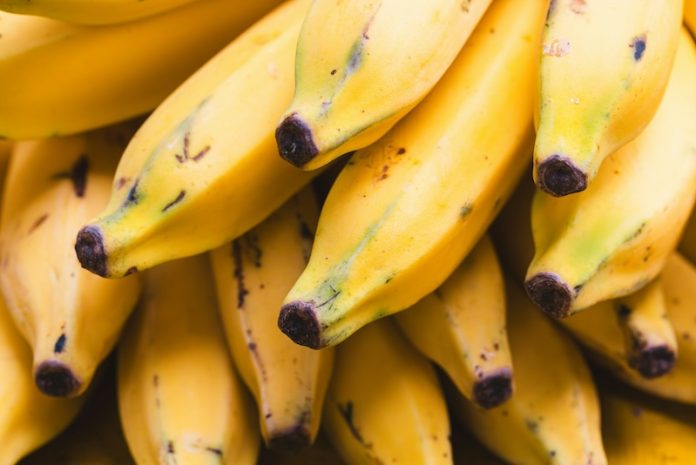
Salt is a common part of our diets, often used to enhance flavor in many dishes. But while salt makes food tastier, consuming too much of it can lead to health problems.
Studies have shown that a high intake of salt can increase blood pressure, putting extra strain on the heart and blood vessels. Over time, this can lead to serious conditions like heart disease and stroke, two of the leading causes of death worldwide.
A recent study conducted by researchers at Amsterdam University suggests that adding more potassium to our diets could be an effective way to help counteract the harmful effects of salt.
Potassium, a mineral found naturally in many foods, has the ability to help control blood pressure by balancing out the effects of sodium, the key component in salt that can lead to high blood pressure.
In this study, which involved more than 24,000 people between the ages of 40 and 79, researchers wanted to understand how a diet high in potassium might impact the risk of heart disease.
They focused on how potassium affects blood pressure, especially in individuals who consume a lot of salt. The results were particularly notable for women, who appeared to benefit the most from adding more potassium to their diets.
How Potassium Works to Control Blood Pressure
Potassium has a unique role in our bodies. One of its main jobs is to help the kidneys remove excess sodium through urine. This process helps keep blood pressure levels in check.
When there’s too much sodium in the blood, the body holds onto more water, which increases blood pressure. By increasing potassium intake, people can naturally help their bodies get rid of this extra sodium, leading to better blood pressure control.
In the study, participants with higher levels of potassium in their diets were found to have lower blood pressure overall.
This link between potassium and lower blood pressure was strongest among women with high salt intake, suggesting that potassium might offer them even more protection against the effects of salt.
The Long-Term Benefits of Potassium for Heart Health
Over a follow-up period of nearly 20 years, the researchers tracked the health outcomes of these participants.
They found that people who consumed the highest amounts of potassium had a 13% lower chance of being hospitalized or dying from heart-related problems compared to those who had the lowest intake.
Interestingly, these protective benefits were seen regardless of how much salt participants consumed. This means that potassium may offer heart benefits that go beyond just helping the body remove sodium.
Getting More Potassium into Your Diet
To get the protective benefits of potassium, it’s important to include potassium-rich foods in our daily diets. The World Health Organization (WHO) recommends that adults aim for at least 3.5 grams of potassium each day, while also keeping their sodium intake below 2 grams (about 5 grams of salt).
Some foods rich in potassium include fruits like bananas and oranges, vegetables such as potatoes and leafy greens, dairy products like milk, and protein sources like fish, beans, and nuts.
For example, a single banana has around 375 mg of potassium, while a serving of cooked salmon provides approximately 780 mg. A medium-sized potato offers about 500 mg, and a cup of milk contains around 375 mg.
Incorporating more of these foods into your meals is a simple way to increase potassium intake. Choosing fresh, unprocessed foods is particularly helpful, as these options are usually high in potassium but naturally low in salt.
The Potential for Food Companies to Help
Food companies can also play a role in helping people manage their salt and potassium intake. By using potassium-based salts instead of traditional sodium-based salts in processed foods, companies can help consumers reduce their sodium intake while increasing their potassium levels.
This simple change in food production could have a positive impact on public health, as processed foods are a major source of sodium in many people’s diets.
Making Small Changes for a Healthier Heart
The findings from Amsterdam University highlight the importance of potassium in protecting heart health. By incorporating more potassium-rich foods and reducing salt intake, we can support our hearts and lower the risk of high blood pressure and cardiovascular disease.
If you care about high blood pressure, please read studies that early time-restricted eating could help improve blood pressure, and natural coconut sugar could help reduce blood pressure and artery stiffness.
For more information about blood pressure, please see recent studies about added sugar in your diet linked to higher blood pressure, and results showing vitamin D could improve blood pressure in people with diabetes.
Copyright © 2024 Knowridge Science Report. All rights reserved.



